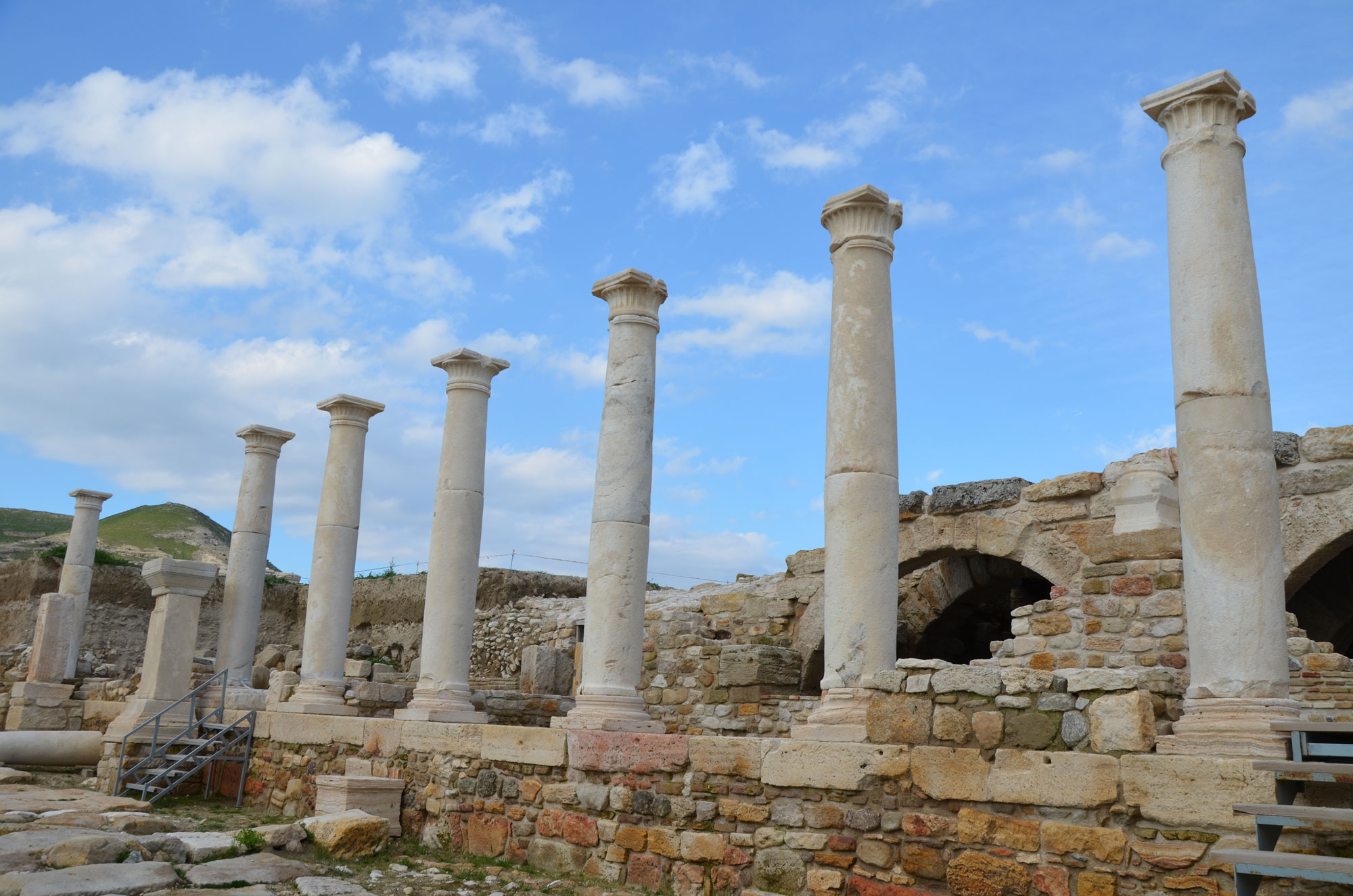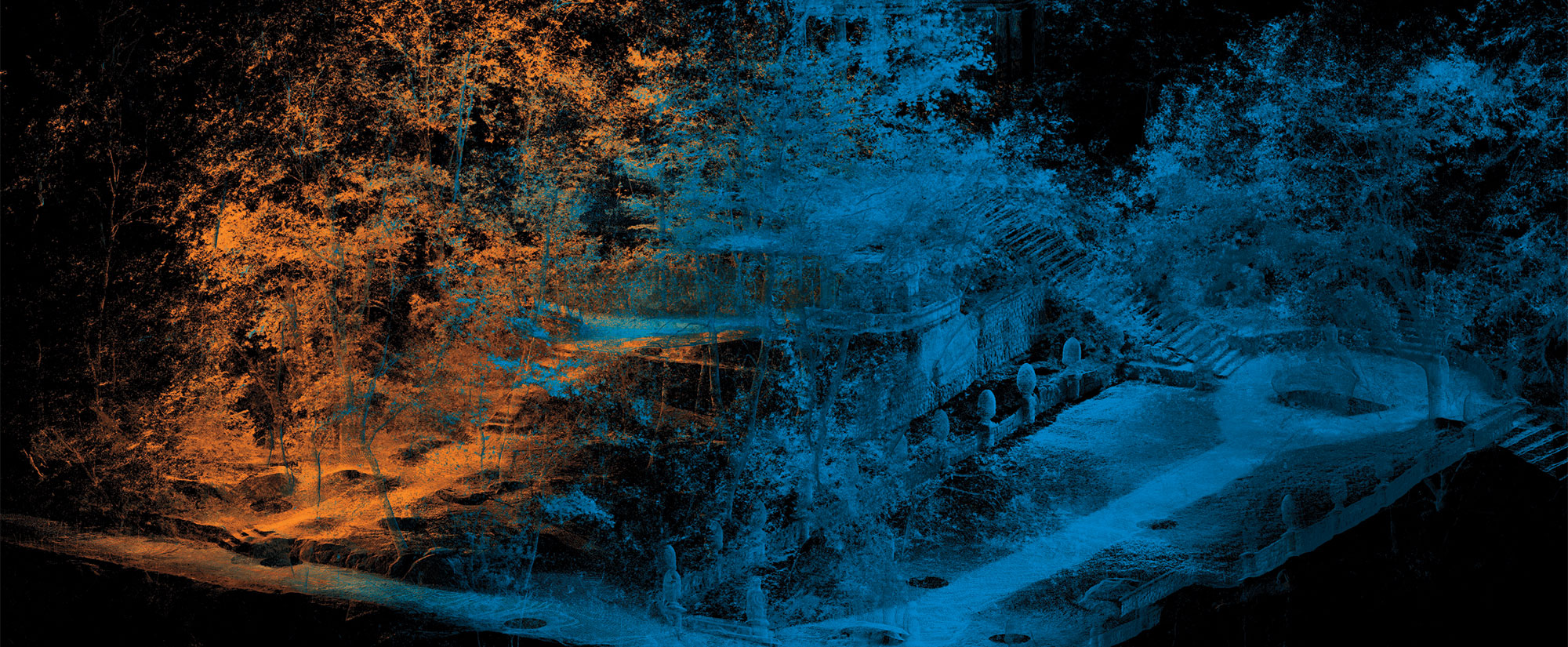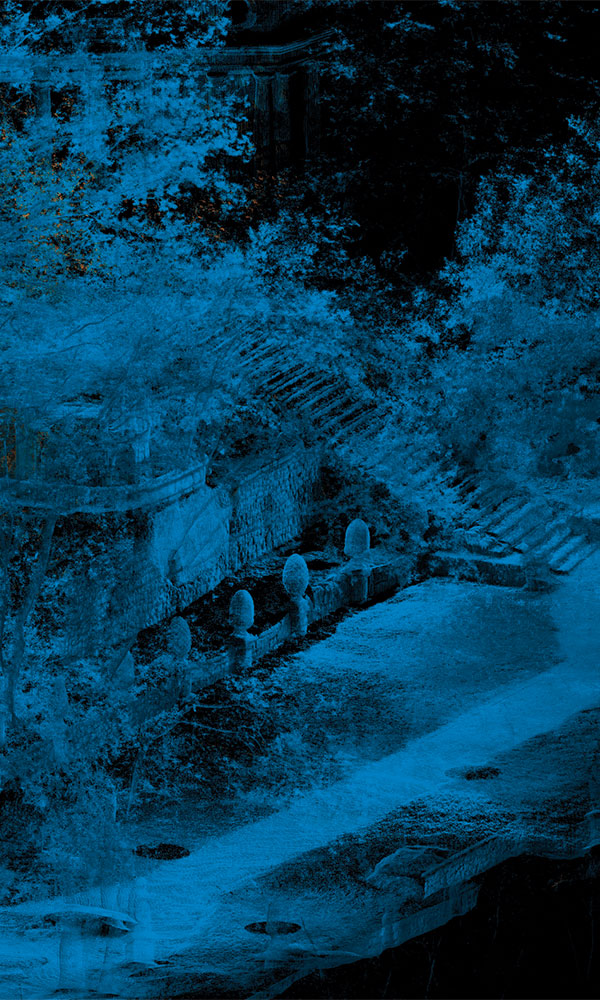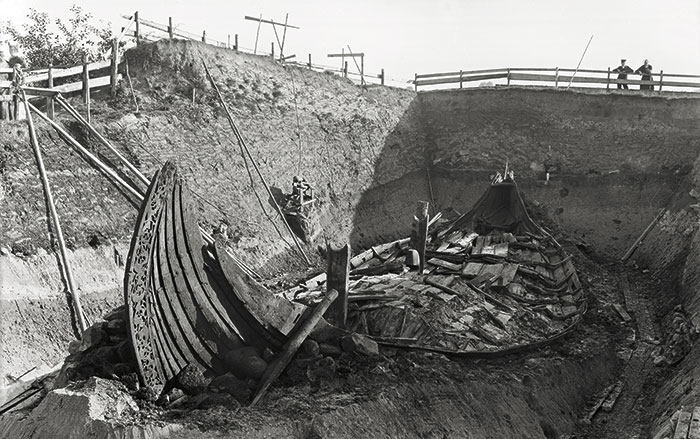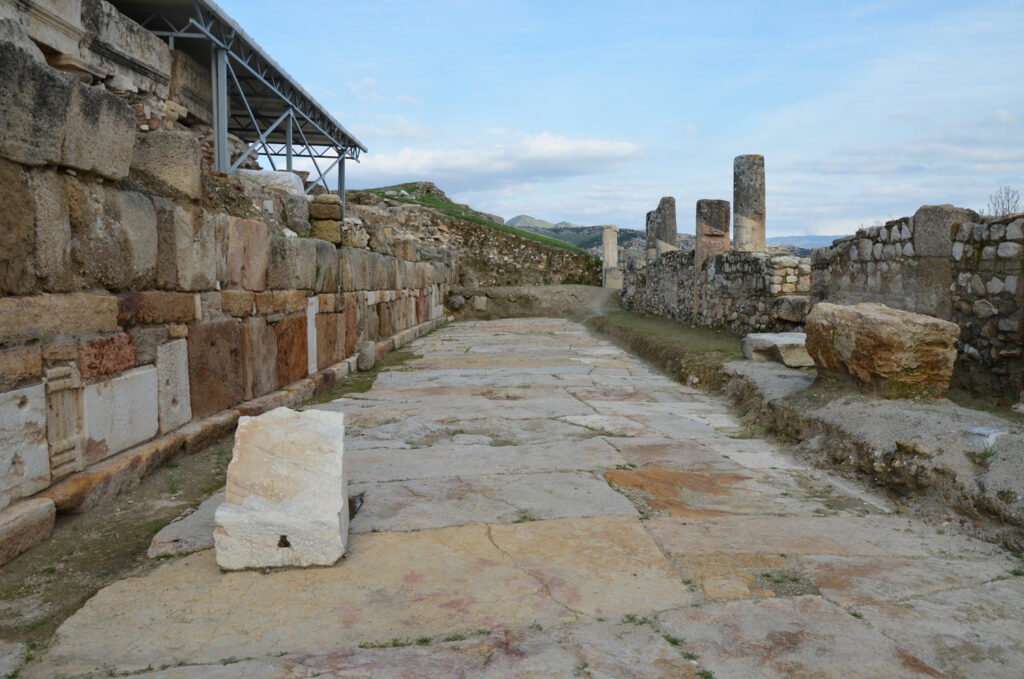
TRIPOLIS, TURKEY—The ancient city of Tripolis, near the town of Baldun, is one of the best-preserved ancient sites in western Anatolia. Over the past 13 years, archaeologists from Pamukkale University have been investigating the city, and have uncovered numerous Roman and Byzantine era ruins, including monumental fountains, a 1,500-year-old church, and colorful mosaics. Türkiye Today reports that the team recently uncovered a luxurious 1,600-year-old villa that is one of the most significant properties yet uncovered. Spreading across 16,000 square feet, the opulent residence contains vibrant frescoes, spacious halls, and a large colonnaded inner courtyard. The highlight of the sprawling estate was a 430-square-foot artificial fishpond, with marble floors decorated with fish motifs. The pool’s interior walls were fitted with terracotta pipes that could be used as small places of refuge for the marine life and protect them from direct sunlight. Experts believe species such as carp, catfish, and eels were raised in the oversize fish tank not for viewing or entertainment, but to be served to distinguished guests at elaborate parties. According to the report, during Roman times, domestic fish pools served more than just culinary needs—they were also symbols of affluence and sophistication. To read about Roman-era mosaics unearthed in Turkey, go to "Zeugma After the Flood."


